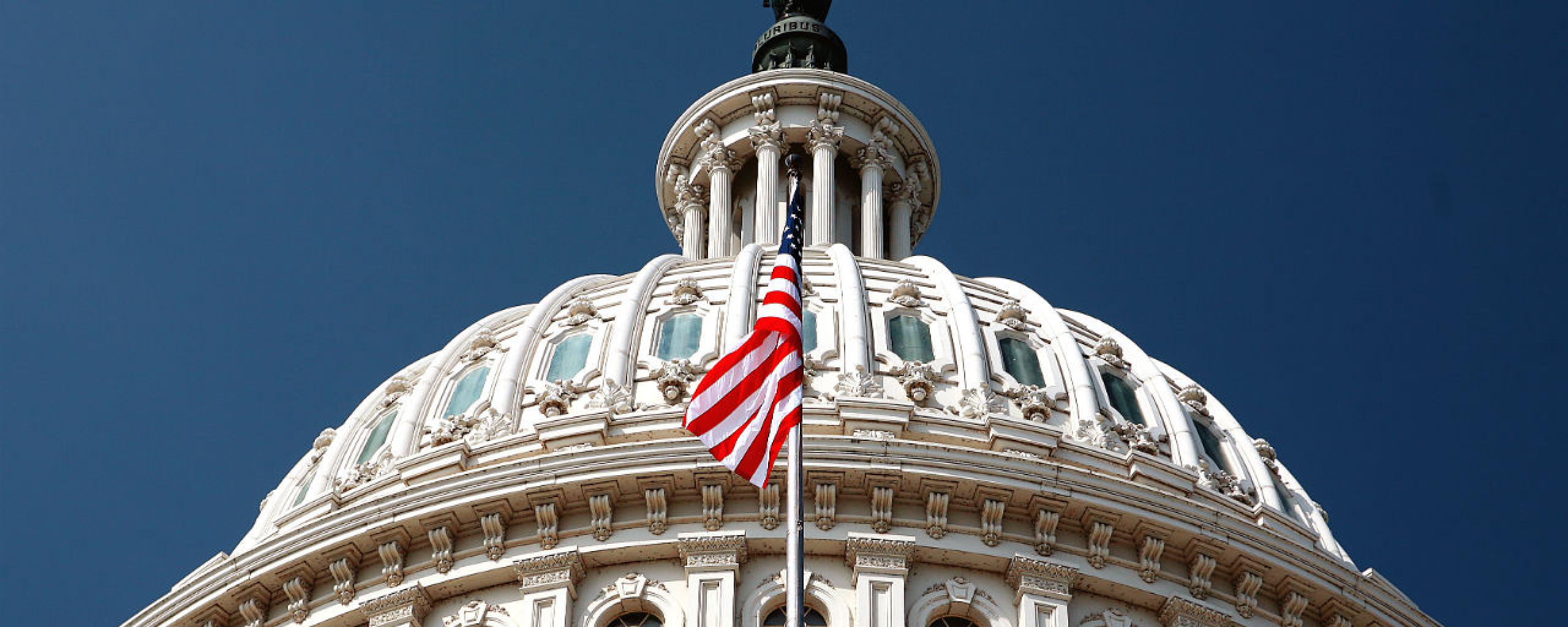Endorsed Bills
Below is a list of legislation that the Congressional Labor Caucus has officially endorsed.
Bill Status: Introduced | Date Last Action Taken:
Committees:
Labor Caucus Lead: Rep. Rosa DeLauro (CT-03)
Bill Summary: This legislation would provide workers with up to 12 weeks of partial income when they take leave, based on a percentage of their monthly wages, up to a capped amount
Bill Status: Introduced | Date Last Action Taken:
Committees:
Labor Caucus Lead: Rep. Sarah Elfreth (MD-03)
Bill Summary: This legislation would require student loans held by federal employees to be automatically put into forbearance during a government shutdown lasting longer than two weeks.
Bill Status: Introduced | Date Last Action Taken:
Committees:
Labor Caucus Lead: Rep. Johnny Olszewski (MD-02)
Bill Summary: This legislation would prohibit the removal of Federal employees during any lapse in discretionary appropriations, and for other purposes.
Bill Status: Introduced | Date Last Action Taken:
Committees:
Labor Caucus Lead: Rep. Hillary Scholten (MI-03)
Bill Summary: This legislation would expand the domestic content requirement by requiring that pigments used in road markings qualify under the Build America, Buy America Act.
Bill Status: Introduced | Date Last Action Taken:
Committees:
Labor Caucus Lead: Rep. Pramila Jayapal (WA-07)
Bill Summary: This legislation would improve the federal regulatory system by: requiring courts to defer to agencies’ reasonable interpretations of their rules; establishing rulemaking transparency; establishing rulemaking transparency; restoring the time limit for legal challenges; and empowering the public in the rulemaking process
Bill Status: Introduced | Date Last Action Taken:
Committees:
Labor Caucus Lead: Rep. Debbie Dingell (MI-06)
Bill Summary: Accelerates the research and development of alternative materials for firefighter protective gear while removing harmful chemicals.
Bill Status: Introduced | Date Last Action Taken:
Committees:
Labor Caucus Lead: Rep. Pramila Jayapal (WA-07)
Bill Summary: Fills in gaps in employment/civil rights protections for domestic workers; ensures paid sick days and other benefits; and increases Medicaid funding for home and health care services.
Bill Status: Introduced | Date Last Action Taken:
Committees:
Labor Caucus Lead: Rep. Julia Brownley (CA-26)
Bill Summary: Requires agencies to provide a separated employee with a copy of their official personnel file, in electronic and physical form, no later than 7 days after their date of separation.
Bill Status: Introduced | Date Last Action Taken:
Committees:
Labor Caucus Lead: Rep. Chris Deluzio (PA-17)
Bill Summary: Expands OSHA protections to cover state and local public sector workers (who are currently excluded).
Bill Status: Introduced | Date Last Action Taken:
Committees:
Labor Caucus Lead: Rep. Brad Sherman (CA-32)
Bill Summary: Prohibits right-to-work laws nationwide.
